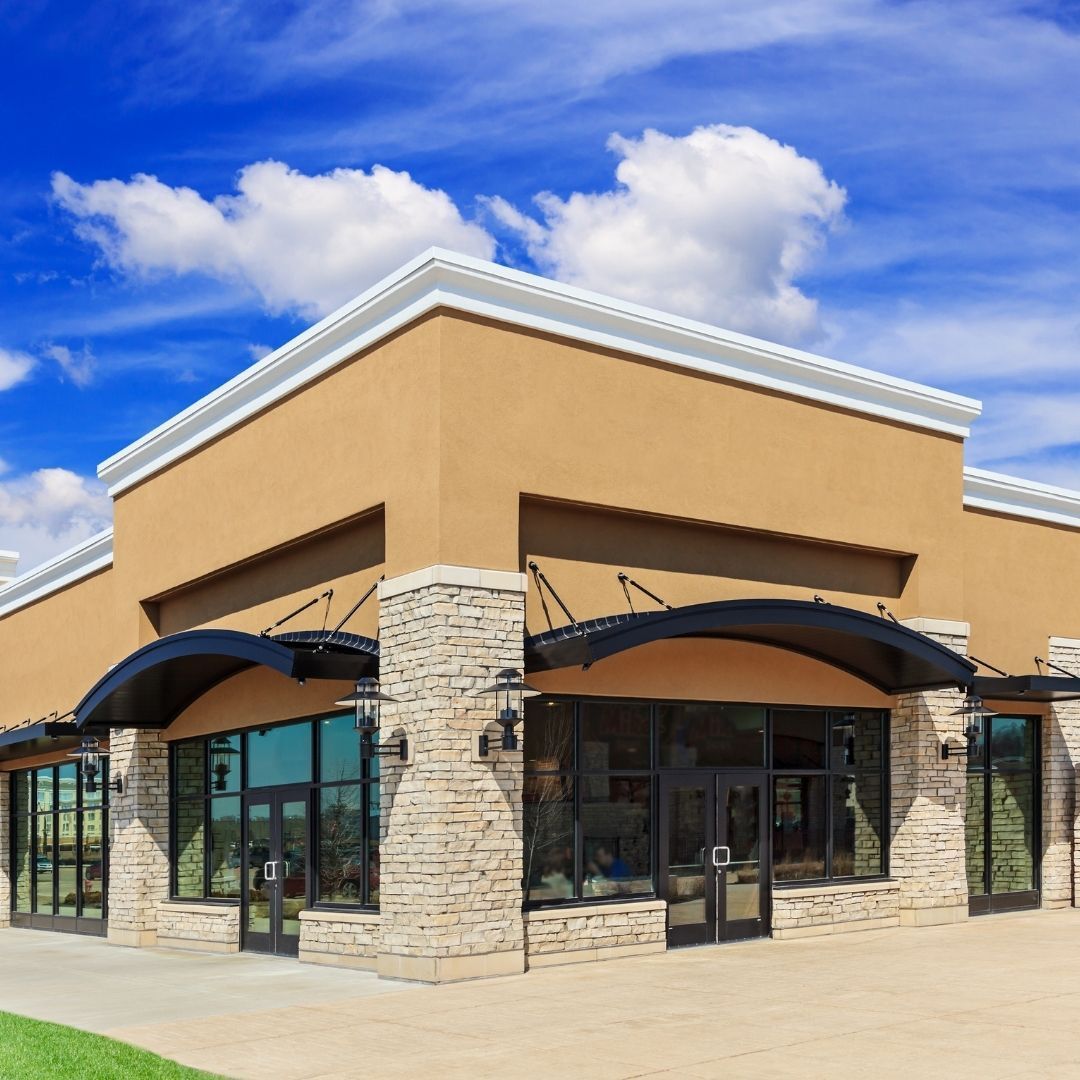FAQ - How Does Commercial Real Estate Loans Work?
Commercial real estate loans are similar to residential mortgages, but they usually require a shorter repayment period and a higher down payment.
These loans are typically used by certain business entities, like a limited liability company, an s-corporation, a c-corporation, or sole proprietorships. This is because commercial real estate is typically valued at several hundred thousand dollars in many cases.
Commercial real estate loans are different from other types of business loans. You'll need to discuss the specifics of your situation with your advisor to determine if you qualify and what types of loan terms you can expect. If you don't have a commercial advisor, contact DDA Mortgage today.
Here's how the process commercial loan process usually works:
You start the application processes.
You will complete a simple form to gather basic information about you, your business, and your goals. Here's an example of the form we start with, commercial pre-qualifications.
An advisor will review your circumstances.
An advisor will meet with you over the phone or in-person to discuss your application and ask you more questions about what you are hoping to accomplish, how much money you might need, and other general financing questions.

You and your advisor will determine the best loan type.
Now that you have a good idea of what you want to accomplish, you and your advisor will look at loan types and layout options depending on loan size, property type, downpayment, credit scores and a variety of other factors.
You will provide documentation.
Your advisor will work with you on gathering all the financial, business, and personal documentation needed to shop your loan to various banks and lenders.
Your advisor will prepare your application and look for the best rates and terms.
Your advisor will prepare your application and may ask for additional information. They will review your application as second time before submitting it to various lenders.
A lender will accept your application.
You and your advisor will review various lender options based on who accepts your application. You will select a lender and start the application process.
Underwriting will verify your application.
A third party will verify your application and will request additional documentation, inspections, and a various other tasks depending on the loan type and the property.
Close on your loan
Depending on the term of your contract, you will have a closing date. On that date, you will complete all the paperwork, wire money, and the property will be financed.
Above is a generalized overview of the commercial loan processes. For more information about how it will work for you, talk to our commercial experts. Call (727) 784-5555. Or ask a question using the form below.
Have A Question?
Use the form below and we will give your our expert answers! Or scroll down for more FAQs and Answers.
Ask A Question

Check out our other helpful videos to learn more about credit and residential mortgages.














